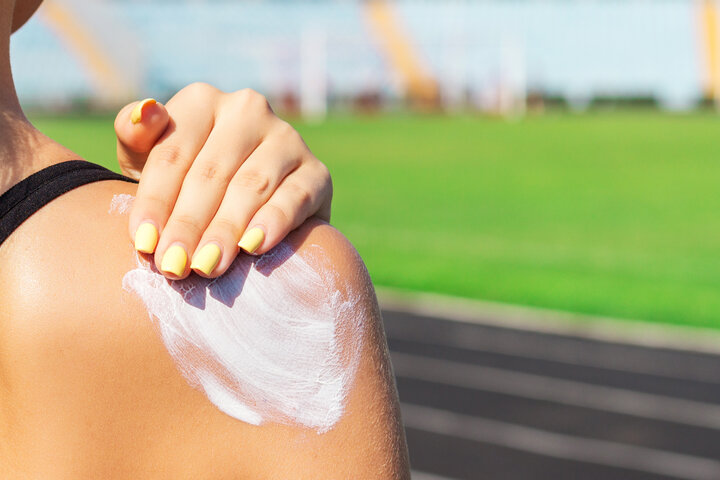
High levels of benzene, a cancer-causing chemical, were reportedly found in several sunscreens, leaving some questioning if sunscreen can do more harm than good.
It's important to note that these results are from one study (Valisure), which hasn't yet been validated. Strangely, they also detected benzene in blank test tubes (no sunscreen), leaving some to question if the testing methods contributed to the levels detected.
Toxicologists note that even if you applied the worst sunscreen on the Valisure list to your entire body, you'd be exposed to less than half the amount of benzene you breathe in normal city air in a day. Benzene is also very unstable, so it's unclear how much would be absorbed through the skin.
Don’t let this study convince you to skip sunscreen altogether. Although benzene is a potential risk, it pales in comparison to the known, real risk of UV radiation. Instead, take the time to check that your preferred sunscreen isn’t on the list of contaminated products.
Regular sunscreen use can make a real difference in your lifetime risk of developing skin cancer, especially for young people, according to Nebraska Medicine melanoma surgeon Joshua Mammen, MD, PhD. Preventing a cancer from ever appearing is certainly better than treating the cancer once you develop it.
How to protect yourself from the sun:
- Check Valisure's list to ensure your sunscreen is benzene free
- Choose a broad-spectrum sunscreen that is water resistant and has a sun protection factor of 30 or higher
- Avoid unnecessary chemicals by making sure your sunscreen is titanium dioxide or zinc oxide
- Wear sunscreen year-round
- Apply the sunscreen to all exposed areas (including the face, ears and lips) 15 minutes before going outside and reapply as needed throughout the day, at least every two hours
- Avoid being out in the sun between the peak hours of 10 a.m. to 2 p.m. when the sun's rays are the strongest
- Wear lightweight, protective clothing such as long sleeves and long pants, a wide-brimmed hat and sunglasses